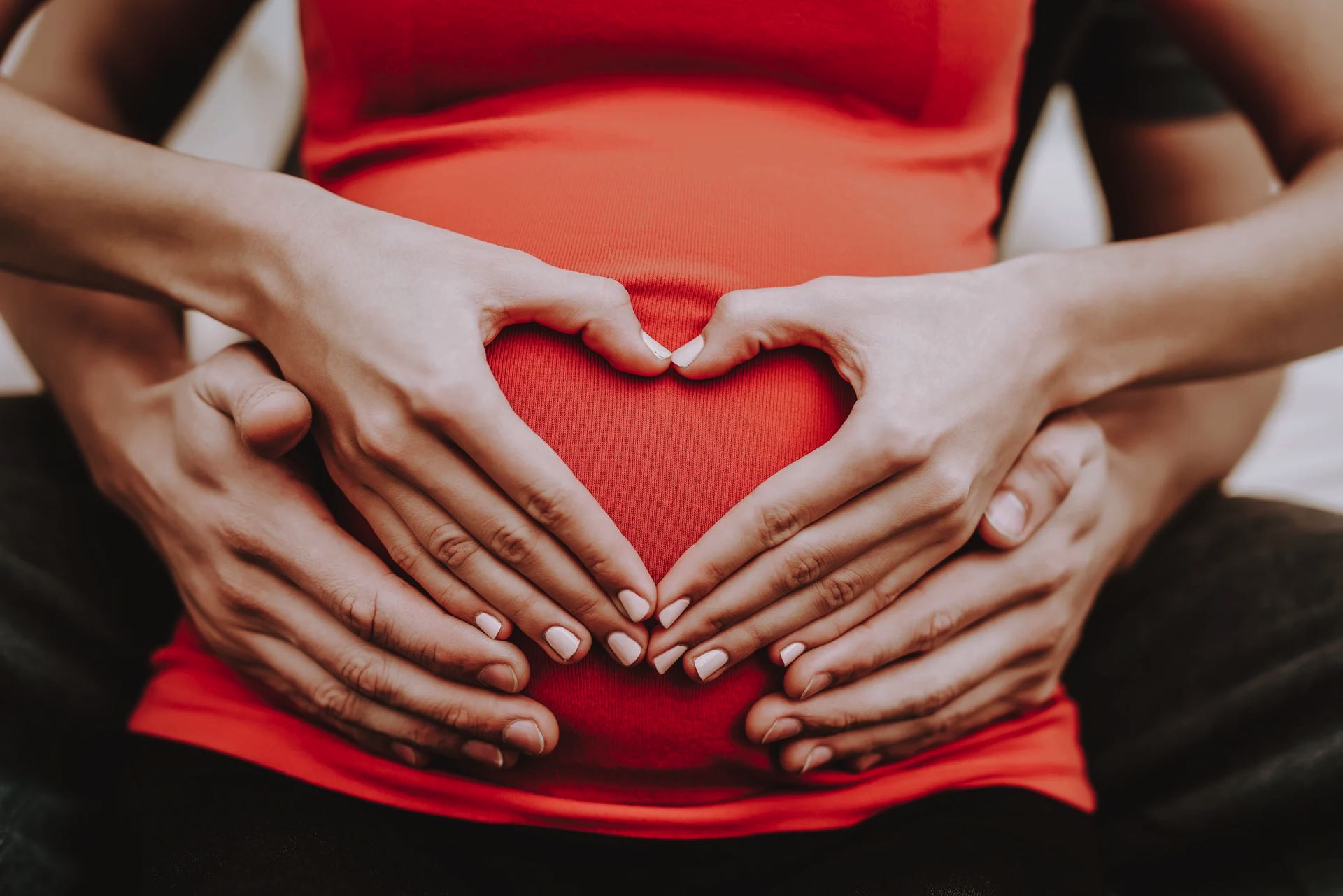4 Facts About Egg Freezing You Should Know

If you are thinking of freezing your eggs and have started to do your research, you will probably come across a lot of information that can be really overwhelming and not so accurate. Do not worry! We are here to help you organize your ideas with 4 important facts you should know about this incredible resource.
Let's start with the basics what is egg freezing? It is important that we clarify the basics so that you can understand the process and in which cases we really recommend preserving fertility.
What is egg freezing?
We have already mentioned it before, female fertility is closely related to age and as time goes by it decreases. Fortunately, thanks to advances in technology, today it is possible to put STOP! to the biological clock and thus extend it until you are ready for motherhood.
When we talk about "Egg Freezing" we refer to the technique with which we store the eggs (without fertilizing) of a woman under the cryopreservation method.
This will give you the opportunity to preserve your fertility as it is at that time, so that in the future you can increase the chances of a healthy and successful pregnancy.
4 facts about egg freezing
1.- A frozen egg at 33 is better than a "fresh" one at 40.
Although it sounds weird, your eggs frozen at a younger age are of better quality than "fresh" eggs at an older age. The younger your eggs are, the healthier they are.
2. Success rates can vary depending on your age and the number of eggs you freeze.
In addition to being age-related, fertility also depends on each organism and the chances of achieving a healthy pregnancy in the future depend on these two factors.
However, due to data published in 2016 by the Shady Grove Fertility Reproductive Sciences Center, the following probabilities of success are raised:
A 41-42-year-old woman with 10 frozen oocytes has a 25% chance of having at least one child with this group of oocytes and only a 5% chance of having two children.
A 35-37 year old woman with 10 frozen oocytes has a 50% chance of having at least one child.
A 30-34 year old woman with 24 frozen oocytes has a 90% chance of having at least one child with this group of oocytes, and a 50% chance of having at least a second child with those same oocytes.
3. Egg freezing is like taking preventive medicine.
Think of egg freezing as insurance that will allow you to preserve your options and the ability to choose whether or not you want to be a mother in the future.
It is a very valuable resource that gives you real autonomy and the possibility of not conforming to the circumstances. Women cannot afford NOT to take advantage of the opportunity that egg freezing offers when they are young. The cost of freezing eggs between the ages of 30 and 35 is much less than it would cost to collect the same quantity and quality of eggs in later years or when they reach 40.
Regarding costs, at Panama Fertility we offer plans that include treatment strategies adapted to the needs of each patient, let's see ovular freezing as a long-term insurance plan that can be paid comfortably and without the need to generate stress or anxiety.
We believe that, "where there is a will, there is a way" and when women are younger they do not consider the possibility of having difficulties with their fertility in the future, we all think we have time. However, lack of education is part of this misconception.
4. Where to start?
The first step in evaluating the possibility of freezing your eggs is a gynecological check-up with a fertility specialist who can tell you what your chances of being a mother in the future are and what your options are. Remember that reproductive medicine must be personalized and therefore the treatments are specific for each case.
PanaMama process is based in only 3 steps
We know that you are a dynamic and busy woman, so at Panama Fertility we design the most complete first appointment in the region that includes the necessary evaluations to diagnose your fertility:
- Ultrasound
- Gynecological evaluation
- Hormonal analysis.
1.- The diagnostic and analysis consultation:
Depending on your results, your doctor will advise you whether or not to recommend freezing your eggs. If your doctor recommends you continue with the preservation of your fertility, he will give you the appropriate treatment plan for you.
2.-Stimulation and monitoring begins (8-12 DAYS):
Our goal is to help all of your follicles grow together, so that we can retrieve as many eggs as possible.
During this time, you must come to the clinic 2-3 times for 15 minutes to draw blood and ultrasounds to monitor the growth of your follicles.
We will recover your eggs:
3.-Recovery or extraction is a 20-minute procedure under sedation, followed by an hour of recovery. In the meantime, your eggs will be safely stored with us until you are ready to use them.
Knowing your body, your fertility and your options today are your greatest advantage; Put fear aside and take the control and knowledge you need to be able to preserve your options, and in the future have the possibility to decide what you want to do.



